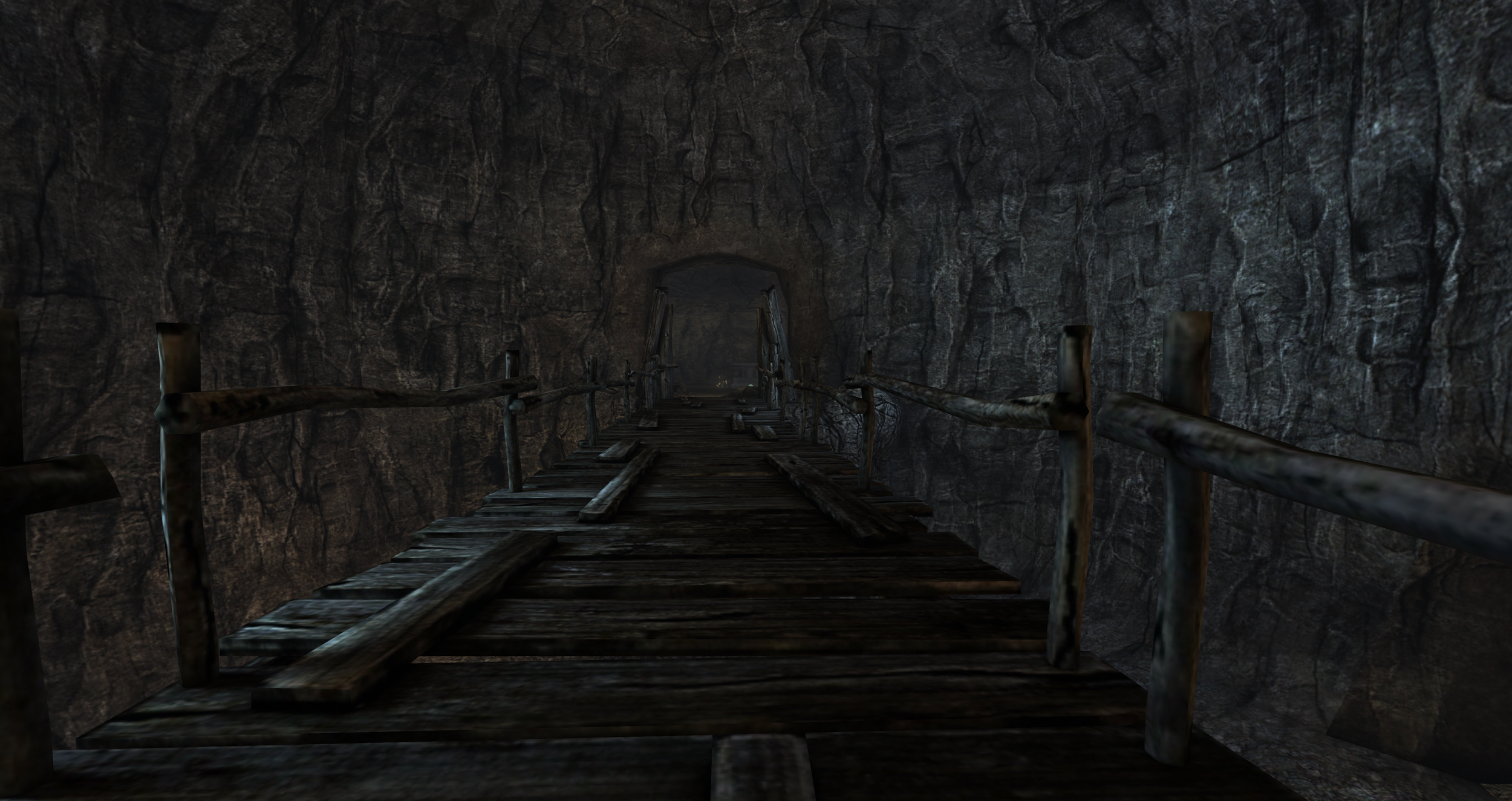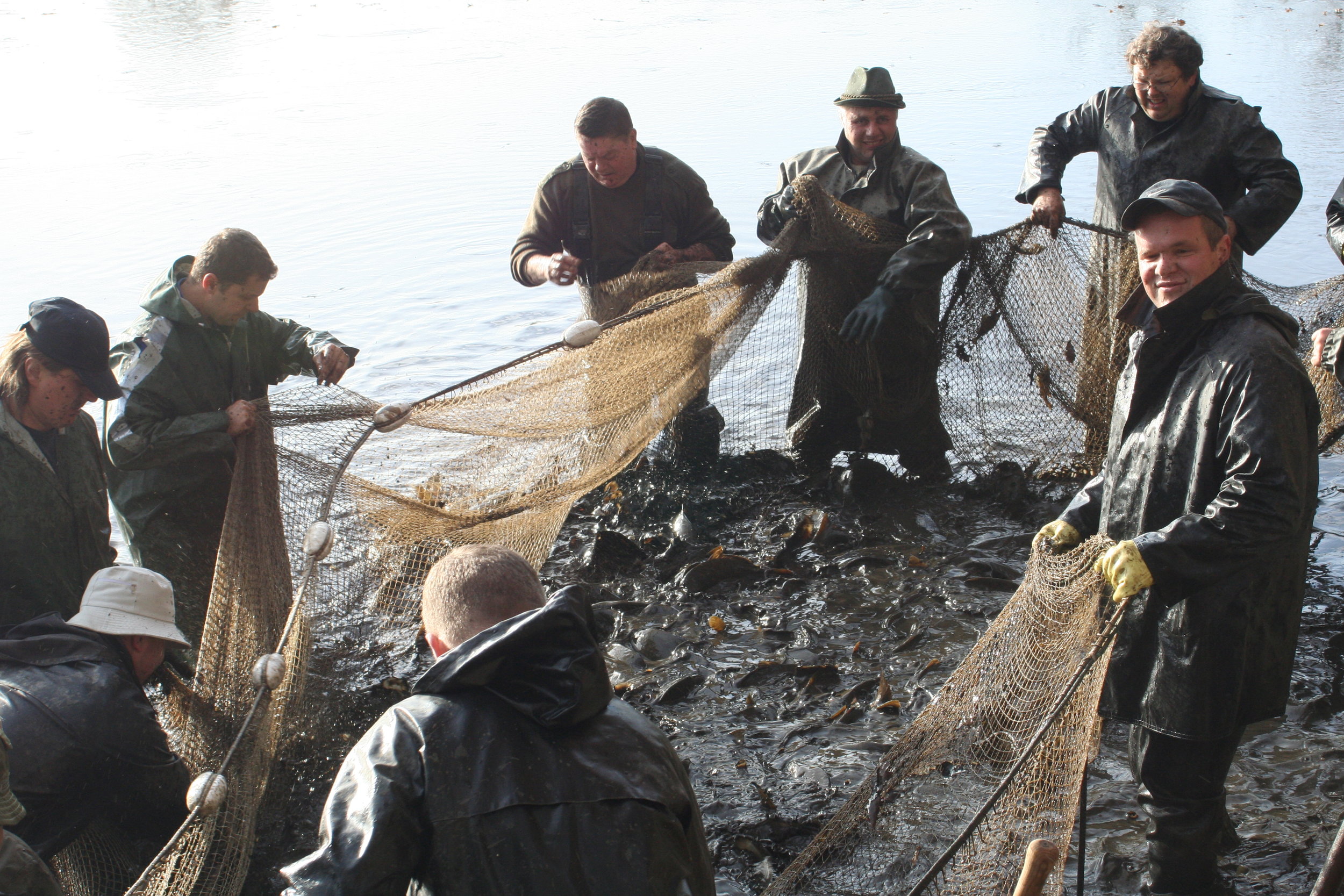Passing through change
/I woke up from anesthesia with the sensation of having slept a long time, though it was probably no more than an hour and a half. My left eye was covered with a hard plastic circle taped very securely to my face. I had oxygen tubes in my nose and various things on my arms. My mother, who came all the way from America to help me with the kids while I recover, said I looked like the Borg.
For nearly twenty-four hours, I wasn't allowed to take off the patch or even peek at the world. My husband joked that the surgeon had probably removed my eye for experimentation. I could see after images pulsing in the eye for hours.
Creative Commons image by Lolaa of Flickr.com
Then late at night, after all the nurses had gone away and my hospital roommate had finally gone to sleep, my left eye began experiencing flashes of light at the lower periphery. That is one of the major signs of retinal detachment.
For a moment, I was seized with terrible fear. I thought of calling the nurse, but these were general nurses from a hospital word specializing in nose and throat disorders. I had told them before about the throbbing after images and they were kind but expressed no interest or knowledge about eye conditions or warning signs. I knew they would not do anything before morning.
I had also been told that stress, including fear and anxiety, was the surgeon's primary warning in terms of risk factors. He wanted me to stay calm and stress-free to avoid dangerous inner eye pressure for two whole weeks.
Somehow I lay still in the darkness. I thought about my conviction that I must go through the the dark time, including the fear. Once I got up to look out through a slit in the blinds at the super moon with my very blurry, unoperated, right eye. Then I lay back down. And finally I slept, mainly thanks to the after-affects of anesthesia.
In mid-morning, I was able to talk to the surgeon again. The light flashes had subsided and he was not concerned. He tore the tape off of my face and I blinked my sticky eyelashes open.
This surgery was not meant to cure my vision impairment, but rather to keep it from getting worse. It entailed getting rid of cataracts and implanting a lens--much like my high powered contact lenses but inside the eye--making contacts no longer necessary.
My first impression was still blurry and then strangely shortened and squashed. The surgeon's fingers were unnaturally wide and stubby as he held them up for my inspection. But eventually the image stabilized a bit... yes, clearer than before.
As a child I used coke-bottle-bottom glasses that let me see a bit more clearly. Then when I was nine, I was introduced to contact lenses in a doctor's office. The contacts had much greater optical power than can be had with glasses and I was startled to find that the wall on the other side of the doctor's office was striped, rather than a solid color, as I had always believed.
This wasn't exactly like that. I could see no further than I had before with glasses or contacts, but this was without such aids. I could see the broad smile on the surgeon's face, at least enough to know he was smiling. Though I noticed that even after the picture acquired reasonable dimensions, everything still looked a bit blue.
At first I wondered if they had given me a tinted implanted lens. But when I turned and saw the sky through a window, the difference became more clear. The bright light and the motion sent twinges of pain into my left eye, but the sky outside was a pale, sparkling blue.
The other eye--the one that had not changed over night--saw an ugly grayish yellow haze, like the smog of a Bohemian winter, in fact, it was bad enough that it reminded me of the first time I came here in 1992 and the Communist-era coal plants were belching out soot and coloring everything that same sickly grayish yellow.
I tentatively asked what color the sky was and was told that it was white--high clouds. Both of my eyes were wrong.
I was sent home to lie in bed and recuperate from the poisons in the anesthesia and from the surgery itself. I have a lot of time to ponder the color of the sky.
The grayish yellow was likely caused by the cataracts. The sky was also dimmer in that eye. The blue... well, it is somewhat of a rule that when you suddenly see things from another perspective or through another filter--whether that is physical or, say, the psychological filter of a major political change--you tend to lean extremely to that side in your perception. It has to do with what you consider to be "normal."
In the world of optics and photography that is called white balance. It's the concept of "normal."
Until the moment the patch was taken off, I had seen one way for so long that once the window was clean, my brain no longer knew what normal was.After several days the effect is fading. My brain has adjusted the white balance for each eye separately, so the world looks pale gray again--the ordinary Prague winter of 2016.
I light a candle on the window sill and sit up in bed. The evening light is dim enough that the light of candle and the dusk don't hurt my eyes. I see two candles now, one almost a real candle, a little spark outlined against the gray, dancing just a bit with the movement of the air.
The other candle is the one I have always seen in the early morning or late evening, when I don't have contacts or glasses on. It is a fuzzy fractured ball of blur, mashed to the left a bit with a break in the middle and several times larger than the actual candle flame.
That candle, the candle only I have ever seen, will be gone forever soon. Whatever comes, if the surgery takes hold or if--by some unexpected chance--delayed shock causes retinal detachment, either way after the second surgery, I will never see in that old way again.
A small pang of sadness rises, inexplicably inside me. I have no great love for my extremely blurry vision. I don't see that way most of the time anyway, because I wear some form of correction almost every waking moment. But I am surprised at the associations I have with that soft, squished and fuzzy world. It makes me think of rest, nighttime waking and comfort when I'm sick. This is probably because it is only when I'm in bed that I didn't wear glasses or contacts.
Now I feel a niggling reminder in the back of my mind. The clearer eye makes me think I need to take out a contact lens. Somewhat clear sight in bed was always a sign that I had forgotten something important.
I am sure I will learn to be comfortable with these different eyes. There are many things that will be easier. I won't have contacts to take out when I go swimming. They won't itch. I won't have to religiously schedule the hours when I can safely wear the thick contacts and those when I have to wear the inferior glasses to protect my corneas. It is not hard for me to explain to my inner self why the new way is better.
And yet it is still there, the little sadness for a way of seeing that will soon be forever beyond reach.
People have often asked me how I see. It is hard to explain how I see with contacts, because that is the best I have ever seen. To me the answer is that I see clearly. It looks clear to me. I simply don't understand how other people can see things at a distance that I can't. Ten feet is just how far clarity extends. Sure, I know in theory--from physics that other people can see further but it is hard to imagine.
On the other hand, I can explain a bit how I see without contacts, because that too me looks blurry, soft and distorted. But now it will be only something I explain to others, not something I see. Over time, I will forget the way the world looked from there.
There are some in the disability community who argue that "disability" should not be called that at all. It is only a difference and should not be considered lesser or a lack. This is strongest among the deaf, who have their own language and community and as long as they don't have to deal with the rest of us, they are quite happy and don't feel dis-abled at all. They don't miss sound.
In that way of thinking, my vision could be considered just different. It does in fact have a few--if minor--technical advantages. My extremely nearsighted eyes before the cataracts and the operation, could read very tiny print, inspect finger prints and so forth. I would sometimes take off my glasses in order to use my eyes as a natural magnifying glass.
But the cataracts put an end to my excellent close vision and made it easier to part with that blurry and fractured world that meant comfort, drowsiness and rest.
I am ready now, ready to move forward and to change. I have truly acknowledged what I am leaving behind.
























